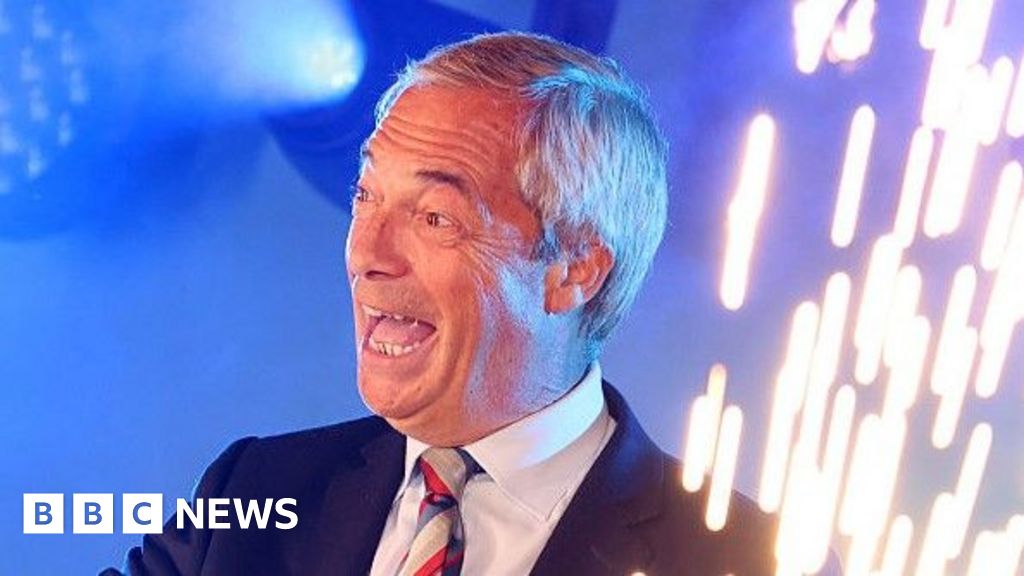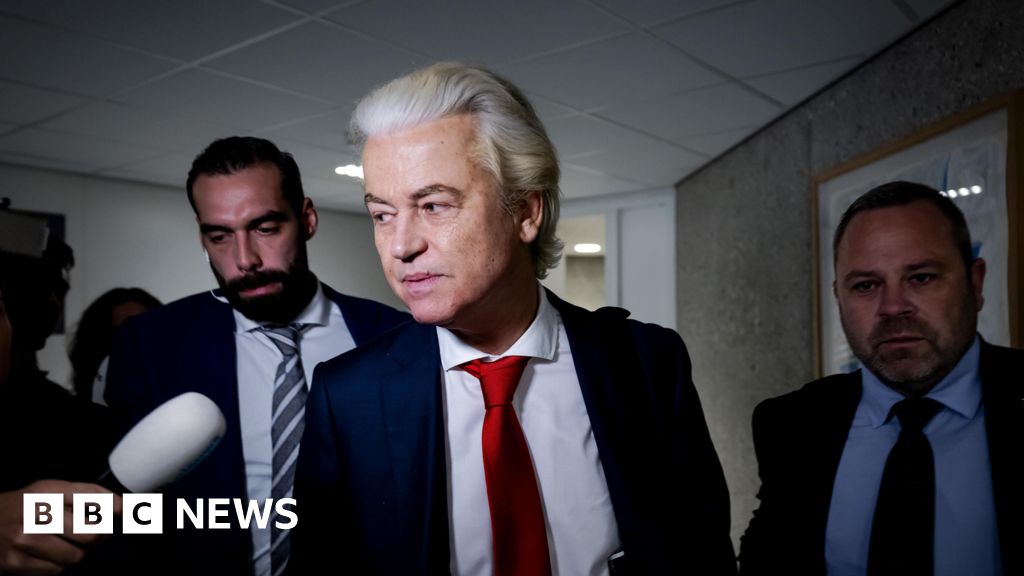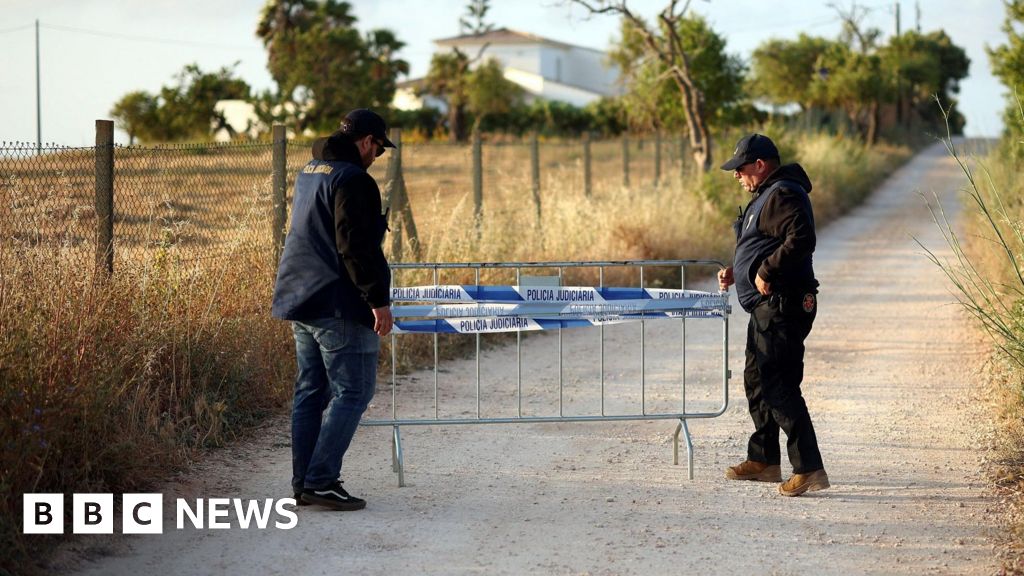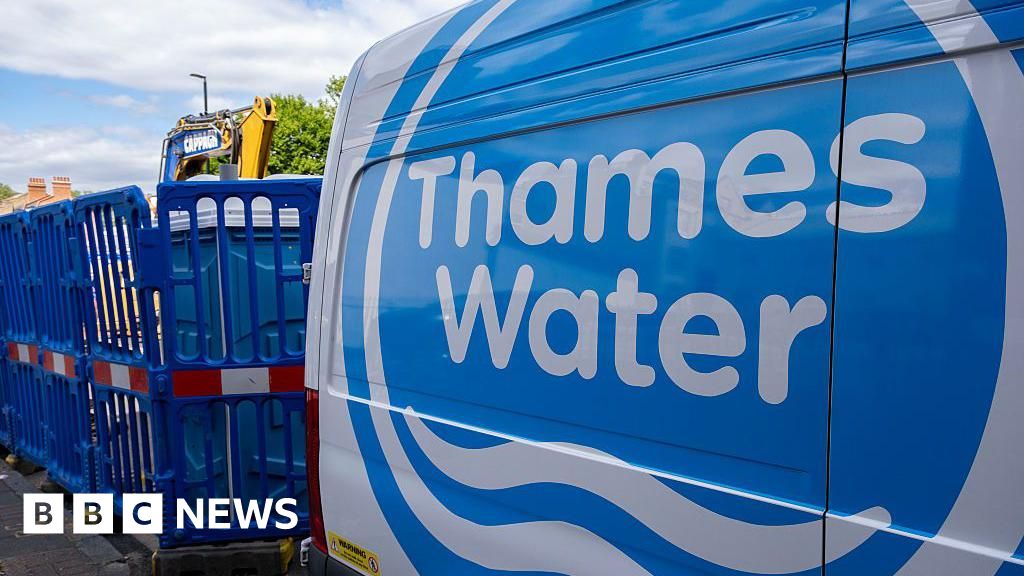For all of the noise and the numbers following this week’s elections in England, two sentences tell you much of what you need to know.
Nigel Farage arranged a fireworks display and a party.
The prime minister and the Conservative leader Kemi Badenoch have both written post-mortem articles in Saturday’s newspapers.
Politicians often accuse journalists of a splash of hyperbole, but it would be a struggle to top the Tory leader’s description of her party’s results as a “bloodbath.”
It was though, she insists in the Daily Telegraph, a bloodbath she was expecting, having been warned of just this when she was running to be Conservative leader last year.
Sir Keir Starmer’s language in the Times isn’t quite as graphic.
He repeats that “I get it” and said he wouldn’t resort to the “same old excuses” used by prime ministers facing tough local elections.
“I feel the same sharp edge of fury at the way our country has been let down as people who voted on Thursday do,” he writes, making reference to “uncontrolled immigration, sewage in rivers” and “failing local services”.
Two immediate practical questions arise out of these results.
The first is how Labour and the Conservatives respond to what has happened – not least the rapid rise of Reform UK, but also the Liberal Democrats and to a lesser extent the Green Party.
The second is how Reform adjusts to the realities of power – bluntly, whether they prove to be any good at it or not.
There is then a wider political question.
The demolition of the duopoly in Westminster politics has been talked of before.
Think the birth of the Social Democratic Party, or SDP, in 1981.
There was the coalition government of the Conservatives and Liberal Democrats between 2010 and 2015.
In the 2019 European Parliament elections, the Conservatives and Labour only managed to cobble together 23% of the vote between them.
And yet before and after each of these moments, one of the Westminster big two went on to win the next general election, often handsomely.
Indeed, months after those European elections, the Conservatives won a big majority at Westminster.
Two years earlier, the big two in the Commons swept up 82.4% of the vote combined.
So it is wise to bring perspective to this discussion, rather than breathlessness.
But it is wise, too, to acknowledge the sheer scale of this breakthrough by Reform UK.
They went into these elections with the challenge of proving that they could match in votes what the opinion polls had suggested they could.
They comfortably exceeded that high expectation which is why this is a profound moment in our contemporary politics.
Senior Reform figures believe the primary driving motivation behind their surge was that most powerful of human emotions: betrayal.
Betrayal, they argue, from both of Westminster’s big beasts.
So what happens next?
Well, the pyrotechnics of modern politics continue, and not just in the field used by Reform UK for their celebratory party.
And a final thought: if English politics feels splintered and noisy, remember Scotland and Wales and Northern Ireland too.
Next year, there are elections to the Scottish and Welsh parliaments.
Reform are pretty excited about those elections as well.
The Scottish National Party, Plaid Cymru and others will, of course, be in the mix then too.
The widening cacophony of political voices demanding our attention and endorsement could get louder yet.
















Leave a Reply